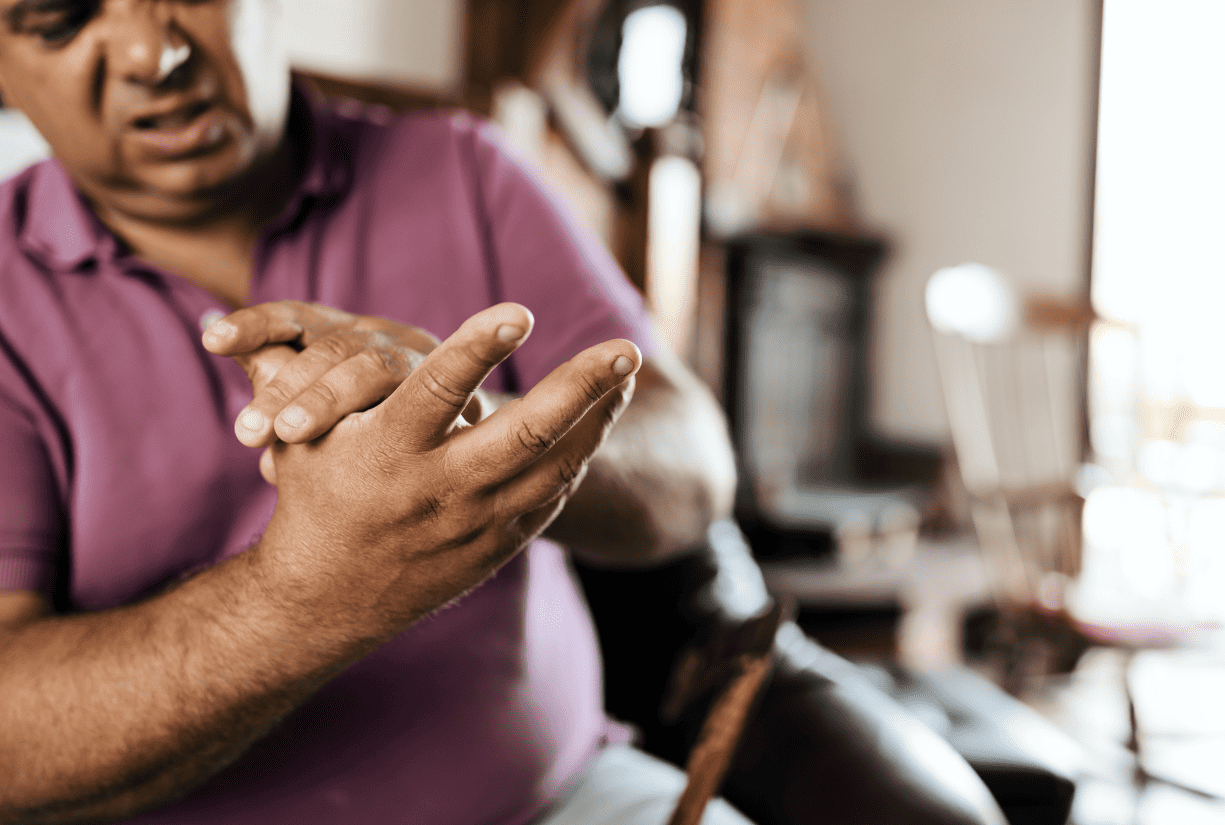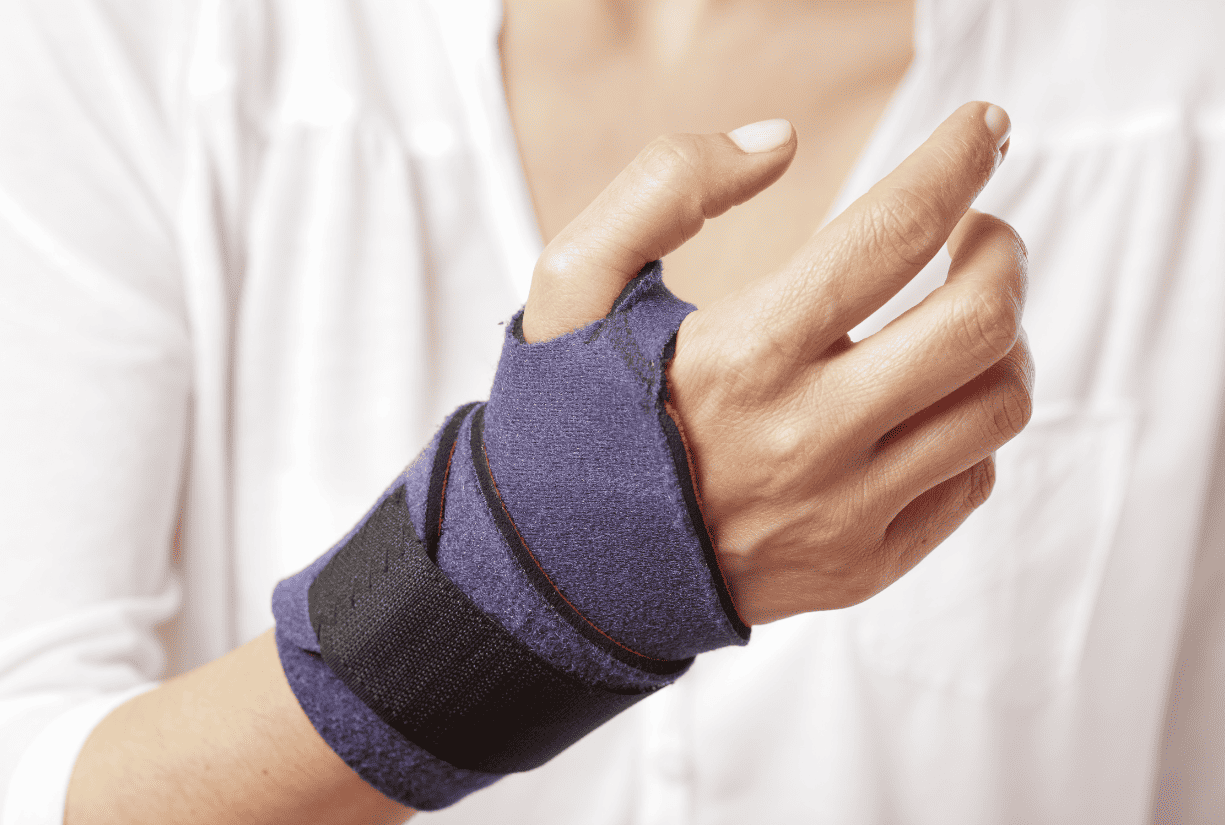HAND & WRIST
Carpal Tunnel Syndrome
Carpal Tunnel Syndrome
Carpal tunnel syndrome (CTS) is a condition that affects the hand and wrist, caused by pressure on the median nerve, which runs through the carpal tunnel in the wrist. The symptoms of CTS can vary in severity and can be caused by a range of factors, including genetics, injury, and repetitive motion.

Helping 10,000+ Patients Stay Active for 15+ Years

CARPAL TUNNEL SYNDROME
Causes
Causes of carpal tunnel syndrome include:
- Repetitive motion: Continuous use of the wrist and hand in a repetitive motion, such as typing, using a computer mouse, or playing a musical instrument.
- Genetics: Some people are born with a smaller carpal tunnel, which increases the likelihood of CTS.
- Injury: An injury to the wrist, such as a sprain or fracture, can cause swelling, which puts pressure on the median nerve.
- Medical conditions: CTS can be associated with medical conditions such as diabetes, rheumatoid arthritis, and thyroid disorders.
CARPAL TUNNEL SYNDROME
Symptoms
Symptoms of carpal tunnel syndrome include:
- Numbness, tingling, or a burning sensation in the thumb, index, middle, and ring fingers
- Weakness in the hand or wrist
- Difficulty gripping or holding objects
- Pain that radiates up the arm


CARPAL TUNNEL SYNDROME
Treatment
Treatments for carpal tunnel syndrome include:
- Rest and activity modification: Reducing or modifying activities that cause or aggravate symptoms.
- Splinting: Wearing a wrist splint can help to keep the wrist in a neutral position and reduce pressure on the median nerve.
- Medication: Over-the-counter pain medication, such as ibuprofen or acetaminophen, can help to reduce pain and inflammation.
- Injections: Corticosteroid injections can help to reduce inflammation and relieve symptoms.
- Surgery: Carpal tunnel release surgery may be necessary if symptoms are severe or if other treatments have not been effective. During surgery, the ligament that is pressing on the median nerve is cut to relieve pressure.
Happy Patients
